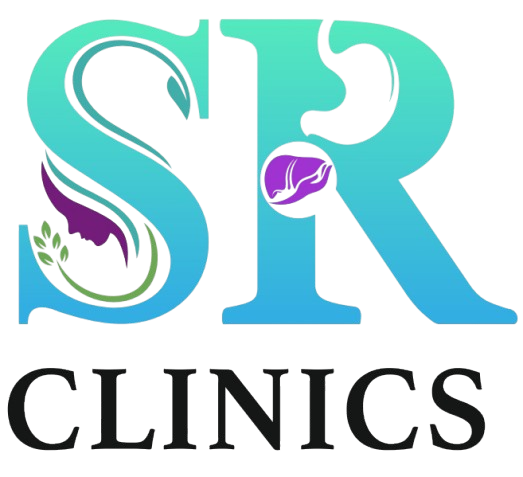
Jaundice
Jaundice is a medical condition characterized by the yellowing of the skin and eyes due to an excess of bilirubin in the blood. Bilirubin is a yellow pigment produced during the breakdown of red blood cells. Jaundice often indicates an underlying issue with the liver, gallbladder, or bile ducts, such as hepatitis, gallstones, or liver cirrhosis.
At SR Clinic, we specialize in diagnosing and treating jaundice with a patient-centered approach. Our team of experts uses advanced diagnostic tools to identify the root cause and provides personalized treatment plans, including medications, lifestyle modifications, and surgical interventions when necessary, to restore liver function and overall health.
Steps for Managing Jaundice
- Diagnosis: Blood tests, liver function tests, and imaging studies (ultrasound, CT, or MRI) to determine the cause of jaundice.
- Medical Treatment: Medications to address underlying conditions such as hepatitis, infections, or bile duct obstructions.
- Lifestyle Modifications: Dietary changes, such as reducing fat intake and avoiding alcohol, to support liver health.
- Surgical Options: Procedures like ERCP (Endoscopic Retrograde Cholangiopancreatography) or surgery to remove gallstones or treat bile duct blockages.
Frequently Asked Questions
The most noticeable symptom is the yellowing of the skin and eyes. Other symptoms may include dark urine, pale stools, fatigue, abdominal pain, and itching.
Jaundice itself is not contagious, but some underlying causes, such as viral hepatitis, can be transmitted from person to person.
Jaundice is diagnosed through blood tests to measure bilirubin levels, liver function tests, and imaging studies like ultrasound, CT scans, or MRI to identify the underlying cause.
Preventing jaundice involves maintaining a healthy lifestyle, avoiding excessive alcohol consumption, getting vaccinated for hepatitis, and managing conditions like gallstones or liver disease promptly.
